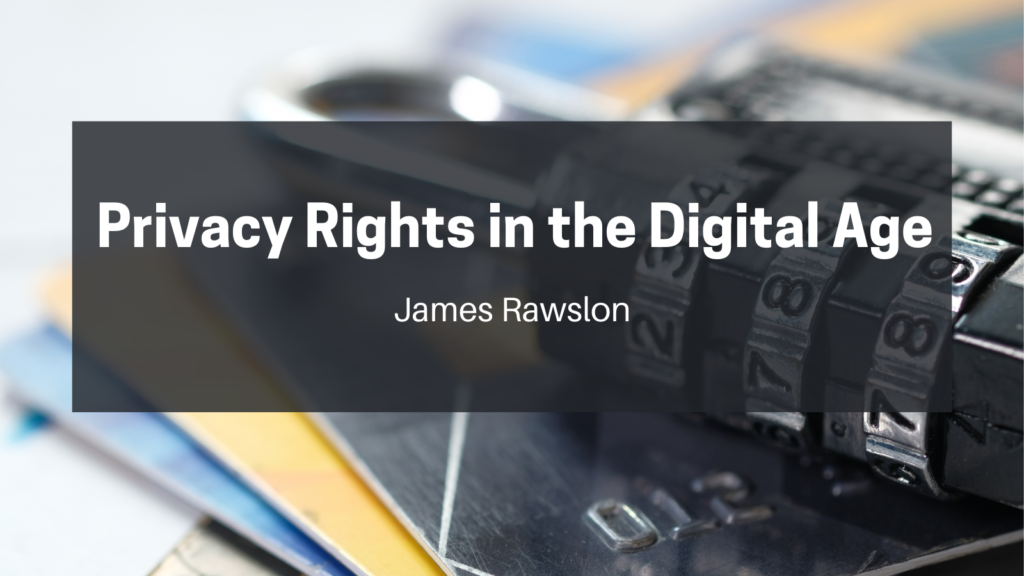
Digital privacy has become a critical and controversial topic in our dynamic, technologically driven, digital world. Digital privacy is defined as the protection of any data a user creates or transmits while navigating the web on a device. In today’s society, technological advances have complicated what should be considered public and private.
The primary benefit of privacy on the web is that it allows users to remain anonymous should they choose to be. Moreover, it protects populations vulnerable to exploitation, such as children, older adults, and digital immigrants. In an environment where people can educate themselves whenever and wherever they want, conversations increase, connections build, and innovation popular than ever. Therefore, digital privacy must be secure to promote a positive society.
Although alternatives such as incognito or private mode have been developed on social media apps and browsers, data sharing goes far deeper than your social network activity. According to the Pew Research Center, many Americans believe that it is impossible to go through the day without having personal data shared without their knowledge. In addition, Americans believe that their lives are constantly monitored and that we lack the resources to prevent exposure.
Dedicated governments and companies are beginning to recognize the value privacy possesses and are developing solutions to protect it. This includes responding to public calls to set stronger legislation and compliance to improve data protection.
While we wait for improved digital privacy rights, we can do our part to protect our data as best we can. Here are strategies to keep your data secure.
- Create strong passwords: create a unique password instead of using the same password across multiple sites.
- Don’t overshare on social media: Check your privacy settings to know who’s seeing your posts.
- Use free wifi with caution: Free wifi does not include any security measures, making data sharing very easy.
- Watch out for links and attachments: Cyber scammers will often compose fake content to lure you in, so remember to look for the signs.
- Evaluate if the site is secure: Before entering personal information, look for a lock symbol at the top of your browser.
- Additional protection: Consider purchasing and installing anti-virus software, anti-spyware software, and a firewall.
